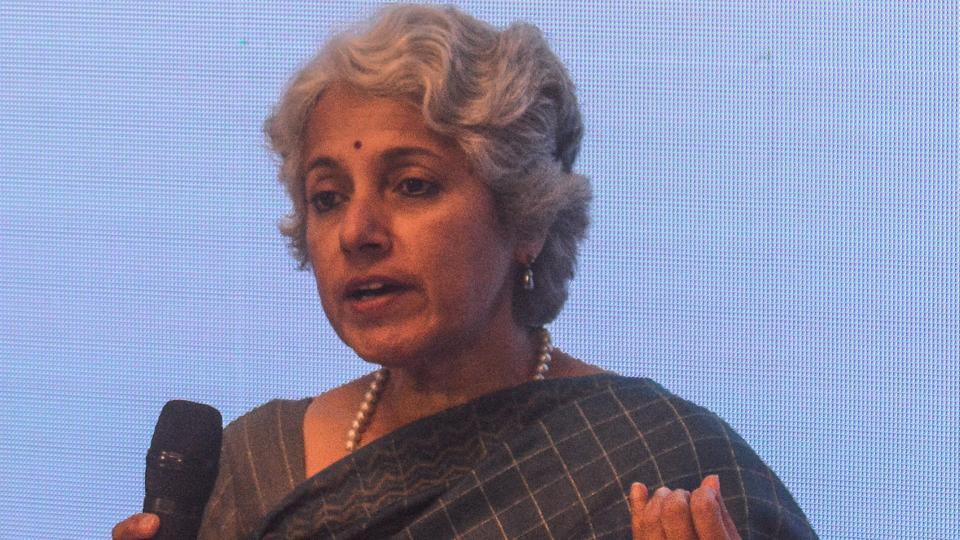World Health Organisation (WHO) chief scientist Dr Soumya Swaminathan on Thursday said that there are over 300 variants of Covid that may push another wave of infection in some countries.
Swaminathan was speaking during a press meet at the inaugural function of the Developing Countries Vaccine Manufacturing Network’s (DCVMN’s) 23rd annual general body meeting in Pune.
Swaminathan said that with some variants of Covid still active, the pandemic is not yet over and governments and healthcare machineries should continue to monitor cases for severity and hospitalisation in order to keep check on the spread of the virus.
“The pandemic is not yet over. There are around 300 sub-variants as of now, which is a cause for concern. The XBB recombinant too can evade the immune system. And there is a possibility of another wave of infection. Other derivatives of the variants can be more transmissible. To suggest that the new sub-variants are more clinically severe, we must monitor the hospitalisation,” Swaminathan said.
India on an average is currently reporting 2,000 cases and less than 100 deaths daily. Whereas world over, there have been around 7,000 to 8,000 fatalities every week. Swaminathan said that testing and subsequently, genome sequencing, has gone down in various parts of the world.
“Genome sequencing and testing are important to understand the transmissibility of the variants and their severity,” she said. Even when the severity of the infection is reduced with vaccination, long Covid has caused various medical conditions.
“Even though vaccination can reduce the severity of Covid infection, we can see that long Covid is on the rise. Covid affects cardiovascular organs, increases the risk of inflammation and in many cases, has doubled the risk of diabetes. Many patients have reported dementia and other neurological conditions like extreme fatigue, brain fog etc. Hence, protecting oneself from the infection entirely is important,” she said.
“Many companies are working on the mRNA platforms. It has been in development for the last 10 years and the research is 30 years’ old. Covid was the first disease it was found to be safe. There is a huge potential for developing biologics. And we don’t want it to remain in the hands of a few. It should be developed to address the gaps in vaccines. For vaccine effectiveness, countries should continue to monitor and analyse the data, by age and other factors. That is how we learnt that Omicron was able to evade immunity. With these new variants being reported, this data now becomes crucial,” she said.
For any query with respect to this article or any other content requirement, please contact Editor at [email protected] Digital streams Ltd
Read More News:
Bill Murray accused of misconduct on set

